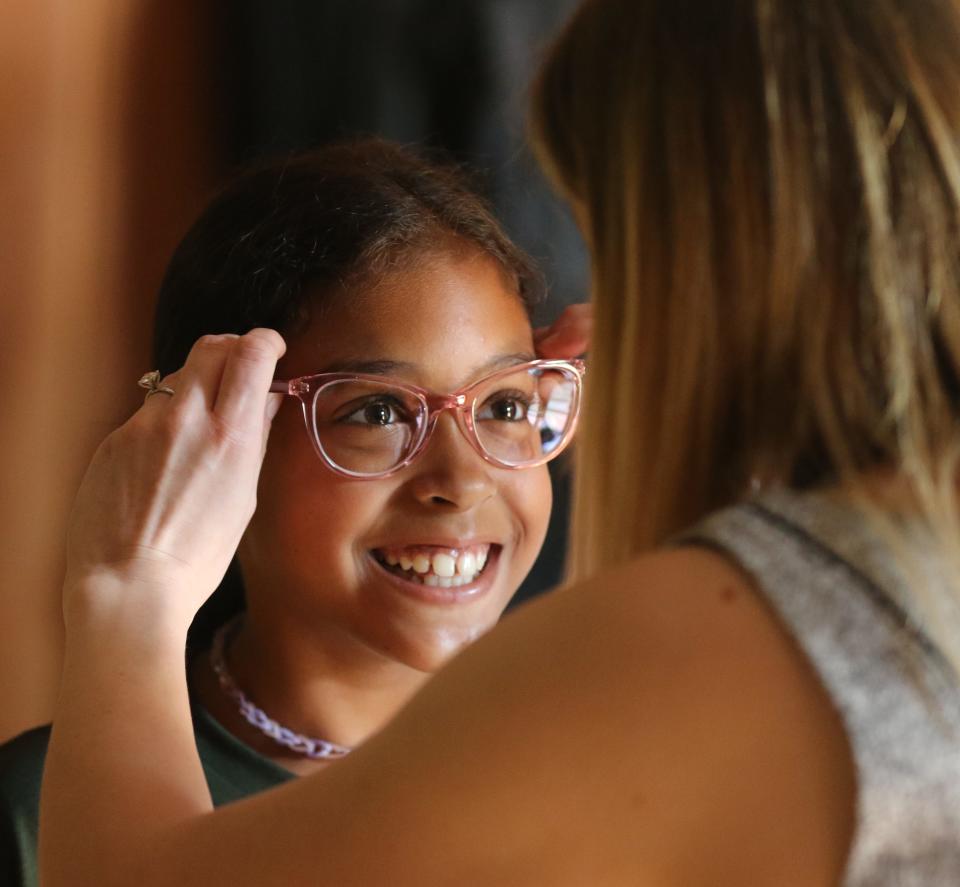The NJ Legislature must modernize optometry laws. Patients and doctors will benefit.
As this year’s graduation season winds down, I’m already thinking about next year when I will be receiving my doctor of optometry degree and making plans to begin my professional career. New Jersey has been my home for as long as I can remember, and I’d like to return after graduation. Yet, as much as I’d love to practice in the Garden State, there are a few factors I’ll need to consider when choosing my professional home.
In addition to wanting to be close to my family in South Brunswick, I’m looking for a place where I can utilize the full scope of my optometric education and training. Like many of my peers, I’d also like to practice optometry where I can make the most difference in my patients’ lives.
According to the Association of Schools and Colleges of Optometry, there were 1,728 students who received doctor of optometry degrees in 2022. These students graduated from the 23 optometry schools in the United States and settled across the country to begin their optometry practices. While some of these graduates are working in our state, until New Jersey changes its laws, many others will continue to choose to practice in states that allow full scope practice. This could include future optometrists like myself. By not modernizing its laws, New Jersey risks losing well trained and qualified optometrists to other states and denying patients easy access to eye care.

NJ lawmakers have a chance to expand optometry in the Garden State
This year, New Jersey’s legislators have the opportunity to modernize laws and expand optometric scope of practice by supporting A-920/S-354. This spring, A-920 unanimously passed out of the Assembly Regulated Professions committee and will be heard in the full Assembly in the coming weeks. This legislation allows trained, experienced optometrists to perform safe, in-office, non-invasive, minor laser procedures to treat glaucoma and after-cataract surgery care as well as minor eye care procedures to remove styes and skin tags. All U.S. optometry schools teach students to perform these procedures — but under current New Jersey law, which hasn’t been significantly changed in nearly 20 years, our state’s optometrists can’t perform them.
Optometrists complete a four-year, post-graduate, doctoral level degree program, which includes extensive classroom, laboratory, and clinical training at an accredited school of optometry. I’ve taken multiple courses in anatomy, pathology, pharmacology, immunology, optics, and neuroscience/neuro-ophthalmic disease. I’ve learned how to diagnose and treat glaucoma, cataracts, and other diseases. I’ve taken hundreds of exams and had to pass hands-on clinical skills practicums to evaluate my proficiency in using various specialized techniques and equipment.
Opinion: Killing congestion pricing was a good call for NY and NJ. We need a better plan
In addition, there is an entire curriculum with instructional hours on lasers and minor surgical procedures. These courses include hands-on laboratory experience and classes focused on laser physics, hazards and safety, laser applications, laser tissue interactions, biophysics of lasers, and specific training on each procedure included in this year’s legislation. In addition, we complete clinical hours supervised by qualified and experienced optometrists.
The procedures included in this year’s legislation have been safely performed in other states since 1998 and are approved to be performed within the U.S. Department of Veterans Affairs in states that allow full scope practice. This makes it easier for patients to receive same-day, cost-effective treatment from an experienced and trained provider for minor, low-risk, in-office procedures – something that clearly improves their lives.
Optometrists are educated, trained and capable of providing specialized care for patients in need. It’s time to modernize optometric scope of practice in New Jersey by supporting A-920/S-354.
Timothy Said is a fourth-year optometry student at the Pennsylvania College of Optometry and the student leader of the New Jersey Society of Optometric Physicians. He is from South Brunswick, New Jersey.
This article originally appeared on NorthJersey.com: Modernizing optometry laws benefits patients and New Jersey

